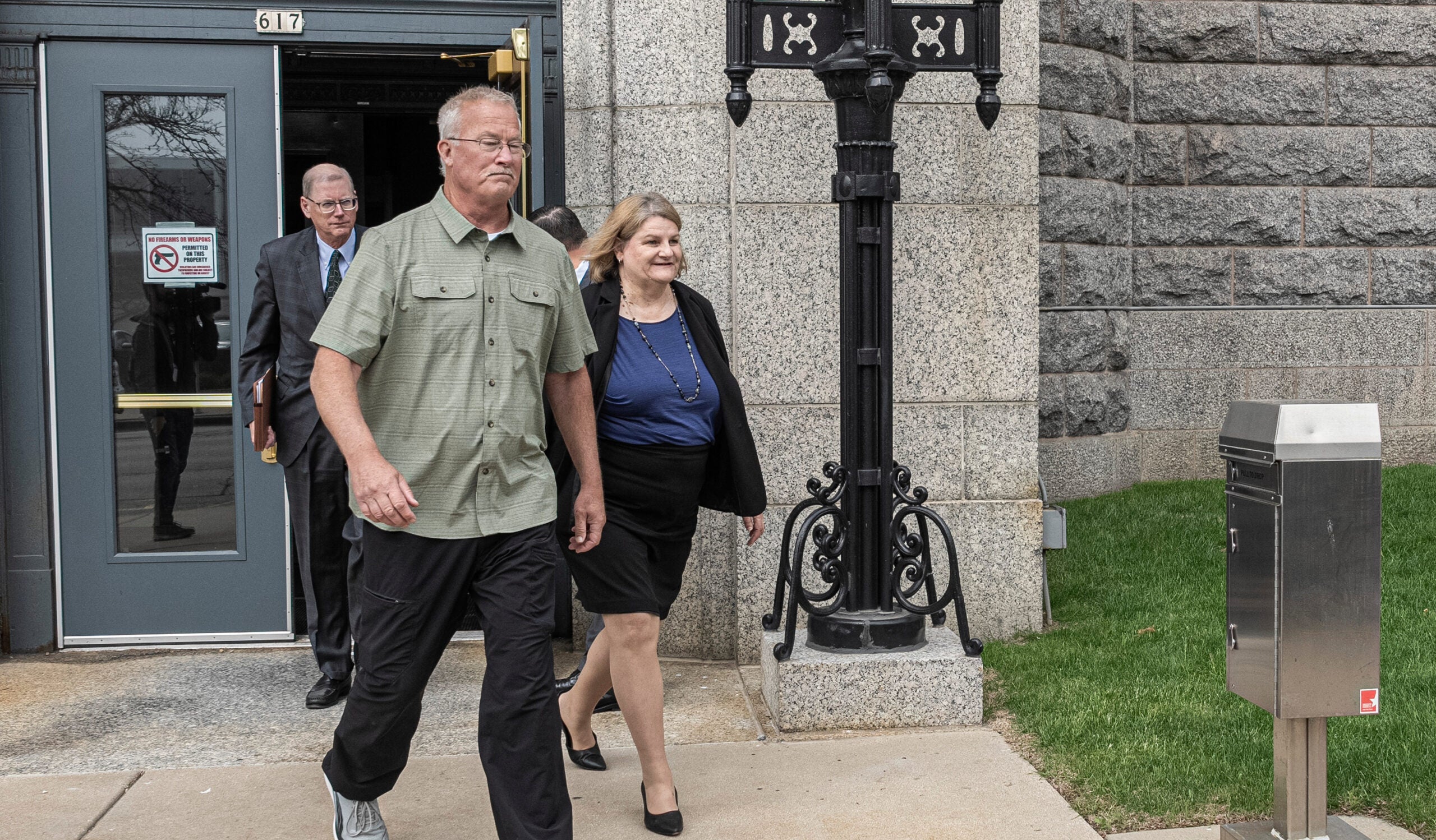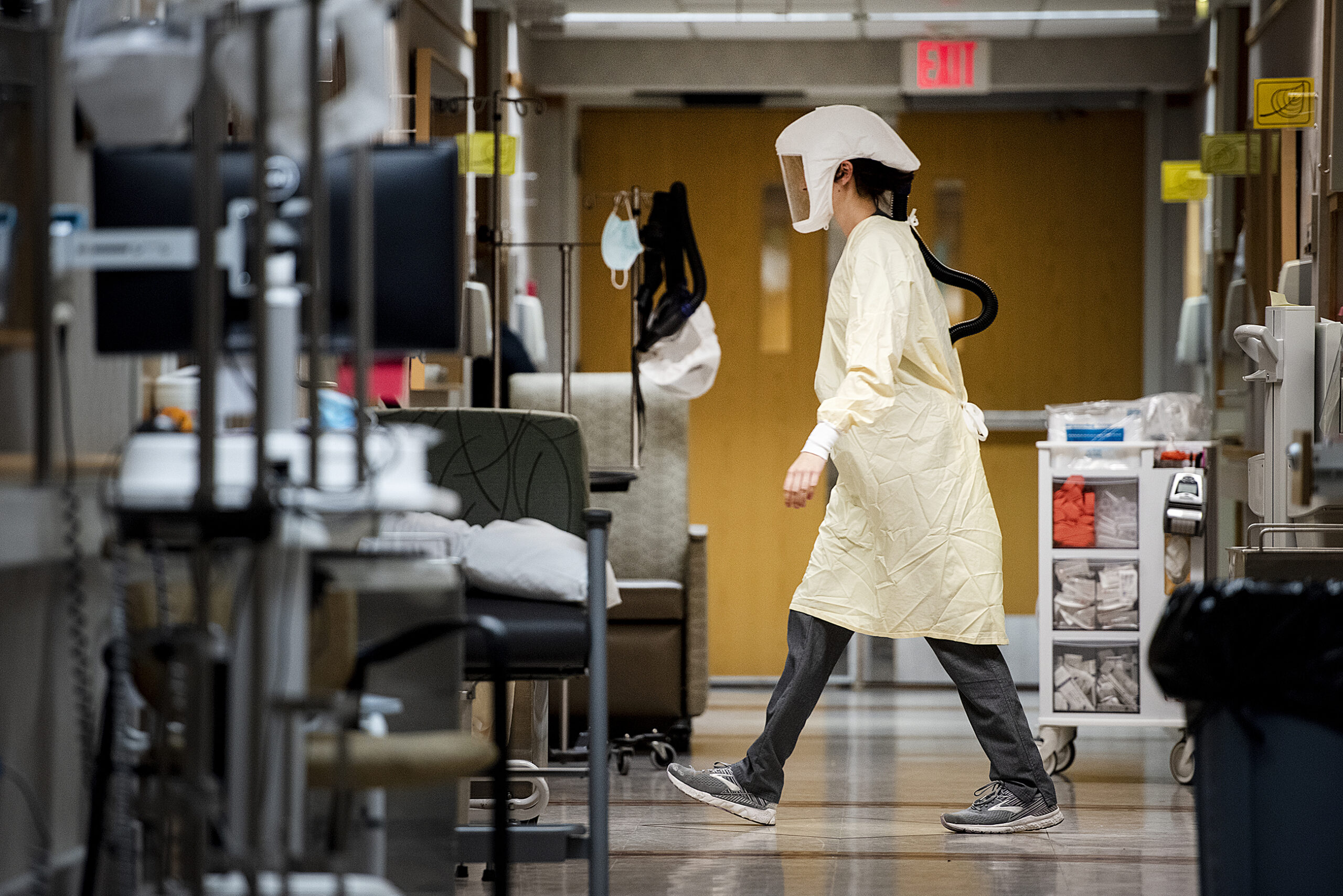Wisconsin’s cap on damages for pain and suffering is being challenged as unconstitutional. The state Supreme Court heard oral arguments Thursday in a medical malpractice case involving a woman who lost both her arms and legs.
Supreme Court justices and attorneys used words like “horrific” and “severe” to describe a Milwaukee woman’s injuries after she failed to receive antibiotics for an aggressive infection, causing gangrene in all four of her limbs which then had to be amputated.
In 2014, Ascaris Mayo was awarded a total of $25.3 million, $16.5 million of which was for non-economic damages, which Wisconsin caps at $750,000. Her attorney Daniel Rottier says the cap violates the state constitution’s equal protection clause because it hurts patients with the worst injuries the most — they are limited in what they can recover, no matter what a jury decides.
News with a little more humanity
WPR’s “Wisconsin Today” newsletter keeps you connected to the state you love without feeling overwhelmed. No paywall. No agenda. No corporate filter.
Kevin St. John, an attorney for the Injured Patients and Families Compensation Fund, disagreed.
“Now a plaintiffs’ primary argument at the end of the day boils down to fairness. But ‘it’s not fair’ is not a constitutional argument,’” St. John told the state’s high court Thursday.
Proponents of the medical malpractice cap say it helps attract doctors to the state, curbs defensive medicine and protects a fund worth $1.4 billion used to compensate patients.
Mayo’s attorney questioned the extent to which doctors were ordering unnecessary tests and argued the fund is much larger than needed to pay the handful of cases that exceed the current cap which lawmakers passed in 2006.
“The Legislature will always have a rationale for everything it does, that does not means its rational,” Rottier said. “And those reasons have to be examined in a meaningful way.”
Those arguing in favor of the cap told the court it’s “critical” to not only uphold the cap, but to make sure the cap has no exceptions based on an individual case.
“Now judicial second-guessing of the cap-specific level, as (a previous case, Ferdon v. Wisconsin Patients Compensation Fund) authorizes, places courts in the impossible position of making legislative, not judicial, judgments,” argued state Solicitor General Misha Tseytlin.
Mayo went to Columbia St. Mary’s Hospital’s emergency room in Milwaukee in May 2011 with stomach pain and a fever. She was sent home where her condition worsened. She was diagnosed at a different emergency room with an untreated infection which one physician called a “medical tsunami” which caused her organs to fail and caused gangrene in her extremities.
Wisconsin Public Radio, © Copyright 2026, Board of Regents of the University of Wisconsin System and Wisconsin Educational Communications Board.







